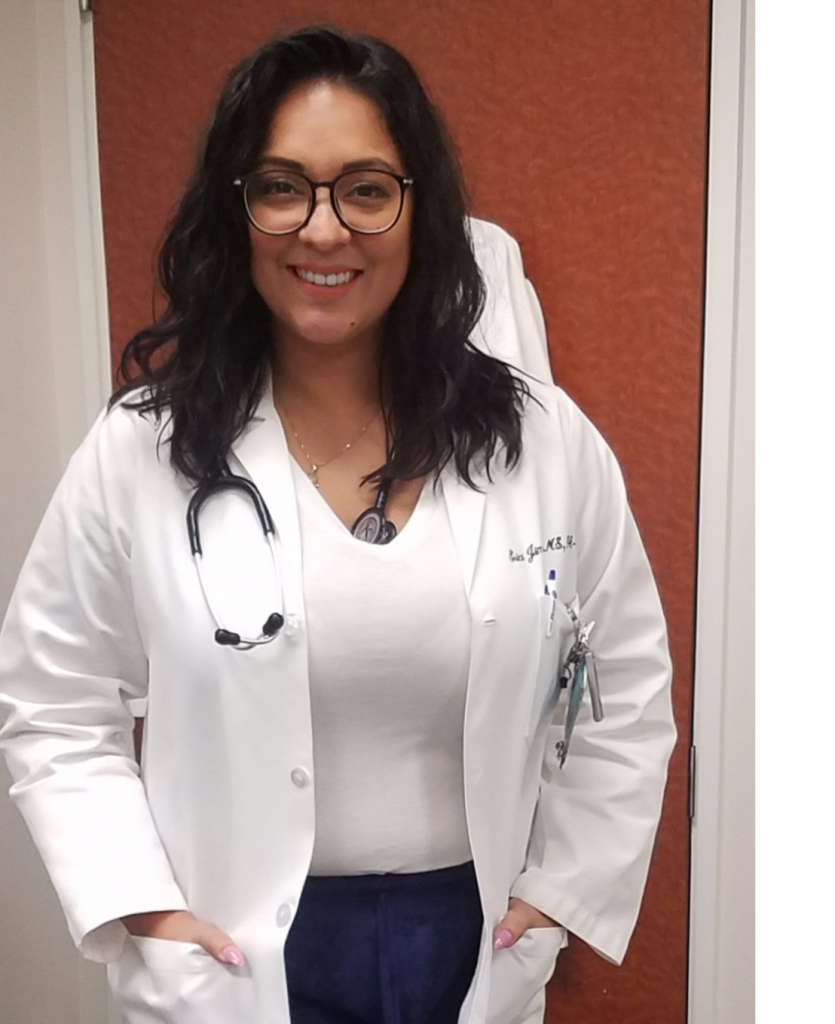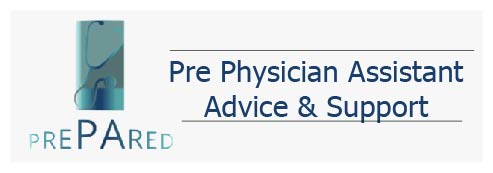A Day in the Life: Oncology Hematology Physician Assistant
Heme/Onc PA
Baylor College of Medicine, 2010

1.What is your specialty? Where do your work?
For the past 4 years and worked at M.D. Anderson cancer Center in Stem Cell Transplantation and Cellular Therapy department in the outpatient clinical setting. We primarily see hematologic malignancy such as leukemia, lymphoma, multiple myeloma, and other myeloproliferative diseases.
2.What is a typical day like?
On a typical day, I arrive to the clinic, and review the patient cases that will be seen by our team. If the patient happens to be a consultation from another department, I compose a complete oncologic history including all the specifics of how the patient came to be diagnosed, what their treatment regimen has been so far and how they have responded. Once the patient presents to clinic, I review their entire history including past medical history, family history and social history. I also do a very thorough explanation of what stem cell transplant is and why they are being consulted to our department. I also try to answer the patient’s questions to my best ability, and of course what I cannot answer, I defer to my attending physician. It is also my job, to educate the patient about each process leading up to stem cell transplant. Once a patient is ready for transplant, I review all consents with the patient and review their medical workup to assure they are cleared to proceed with transplant. Once the patient returns to outpatient from transplant, they follow-up with our team to assure that they are still stable.
I work four 10-hour shifts, Tues-Friday at MD Anderson. I also moonlight in Urgent Care at the VA two Saturdays a month 8am-4pm for extra income.
3.What attracted you to your particular specialty originally?
Honestly, I knew nothing about stem cell transplant prior to this job. I had already peaked at my prior job as a PA at a private internal medicine clinic and I found this position to be very interesting. I applied for the position, and interestingly enough my experience in internal medicine actually proved to be quite valuable in my current position. The department did a diligent job training me in the specifics of hematologic malignancies and the ins and outs of transplant. Of course, with time I gained the experience I needed.
4.What do you find most interesting about your current specialty?
I really enjoy being able to be the primary educator about transplant. My role is to ease anxiety the best I can through good communication and transparency about procedures to my patients. It really provides a great patient-provider bond. You begin to really know your patient as a human and not just as another case. It makes it that much more special once a patient has had a transplant and is in complete remission and comes back to you with stories about them being able to live life again; those stories of seeing their grand-baby’s birth, finally taking that trip they wanted, getting married or just enjoying life again.
5.What special skills are required? Skills you learn once you were hired?
Besides getting an understanding on the indications for stem cell transplant for each malignancy, we are trained on performing bone marrow biopsies, lumbar punctures and skin punch biopsies.
6.What do you like most about being a PA?
I love that I am a valuable voice to my attending physician and that I have a voice in the role of treatment for my patients. I am seen as a vital member to my team. I enjoy the critical thinking and autonomy that comes with the role of a PA.
7.What are the challenges of your particular specialty?
I do have a very heavy load of responsibilities that can get daunting at times, and it can be emotionally and mentally draining too, especially when a patient relapses or does not survive transplant, however the positives clearly outweigh the negative.
8.Any other advice you’d like to share?
I didn’t think I would ever work in oncology, I didn’t think it was a specialty I would ever find interest in, however keeping an open mind and having the willingness to step outside of your comfort zone is essential in finding an environment that works for you and that will allow you to flourish as a medical professional and as an individual.






